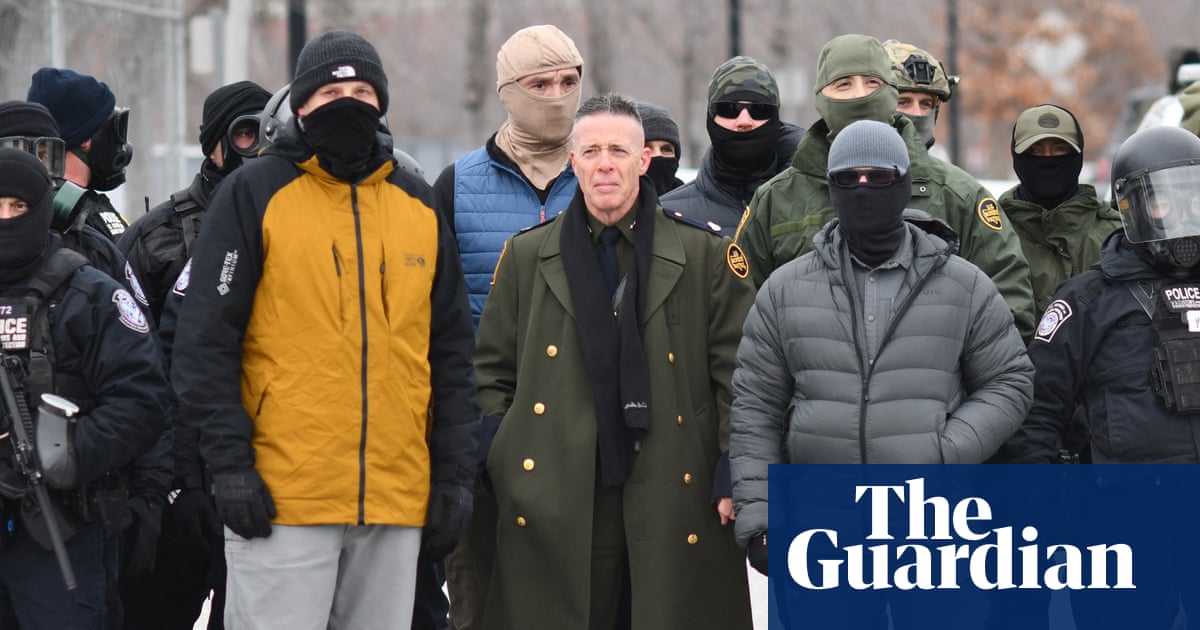I do not support the new direction of the "America First" movement. The Nazi Germany like foreign policy of invading and conquering countries around the world, to steal resources, and in Trump's case, to make big corporations richer and abandoning regular citizens, is not what Conservative values are about.
Conservatism is about putting an end to decades of endless wars, engaging in diplomacy and respecting international laws and defending ourselves when we are attacked or if we have evidence that we're about to be attacked, it's peace through strength, Conservativism is about putting an end to the Neo con ideology of nation building and illegal occupations.
Conservativism is about caring for your fellow Americans, keeping Government out of your front yard, keeping it small, so small that you can't even tell it exists, and embracing a Christian way of life of morals.
The new direction of 'America First' is no longer aimed to see regular citizens prosper or international peace, 'America First' is now aimed to enrich oil executives and embracing the Bush/Cheney doctrine of endless wars.
The new 'America First' Policies, especially in foreign policy, is now all about catering to Trump's ego and his rich Corporate friends.
This, is something that I cannot support, President Trump and his Regime, are corporate snakes and this new 'America First', will never align to my Conservative values.
I do not support the new direction of the "America First" movement. The Nazi Germany like foreign policy of invading and conquering countries around the world, to steal resources, and in Trump's case, to make big corporations richer and abandoning regular citizens, is not what Conservative values are about.
Conservatism is about putting an end to decades of endless wars, engaging in diplomacy and respecting international laws and defending ourselves when we are attacked or if we have evidence that we're about to be attacked, it's peace through strength, Conservativism is about putting an end to the Neo con ideology of nation building and illegal occupations.
Conservativism is about caring for your fellow Americans, keeping Government out of your front yard, keeping it small, so small that you can't even tell it exists, and embracing a Christian way of life of morals.
The new direction of 'America First' is no longer aimed to see regular citizens prosper or international peace, 'America First' is now aimed to enrich oil executives and embracing the Bush/Cheney doctrine of endless wars.
The new 'America First' Policies, especially in foreign policy, is now all about catering to Trump's ego and his rich Corporate friends.
This, is something that I cannot support, President Trump and his Regime, are corporate snakes and this new 'America First', will never align to my Conservative values.












